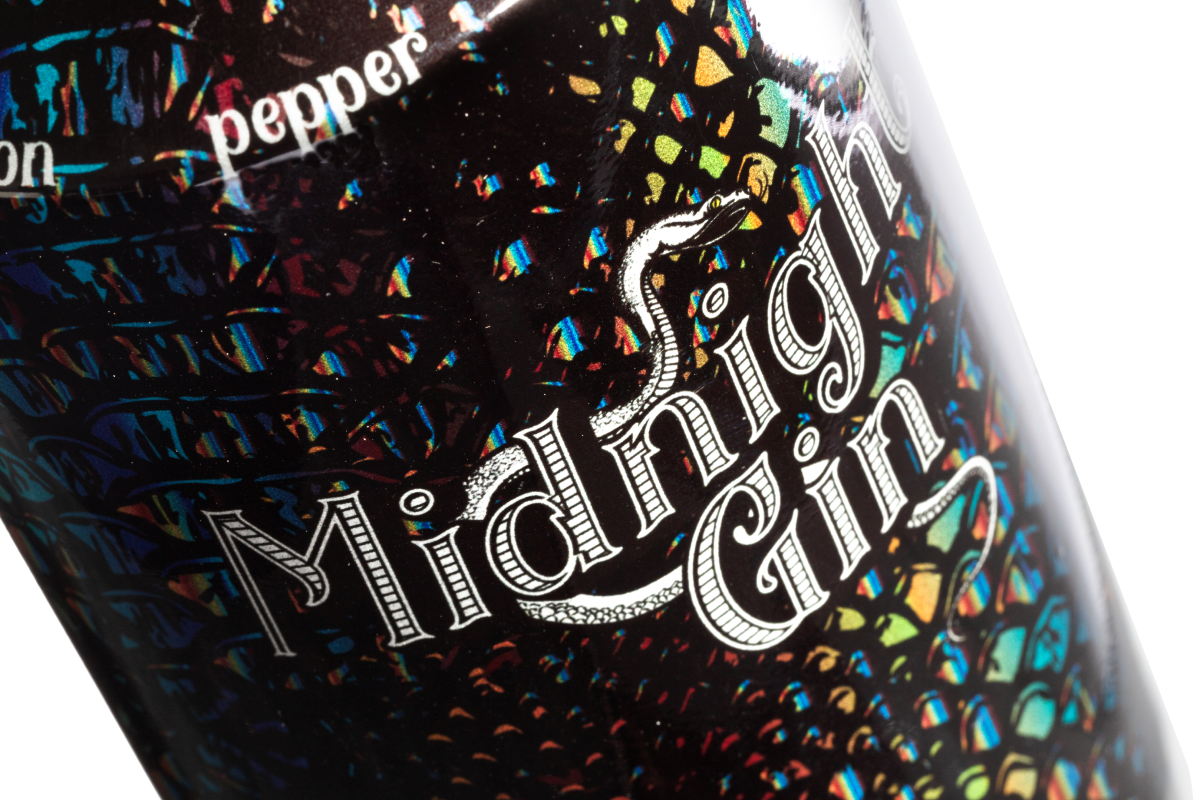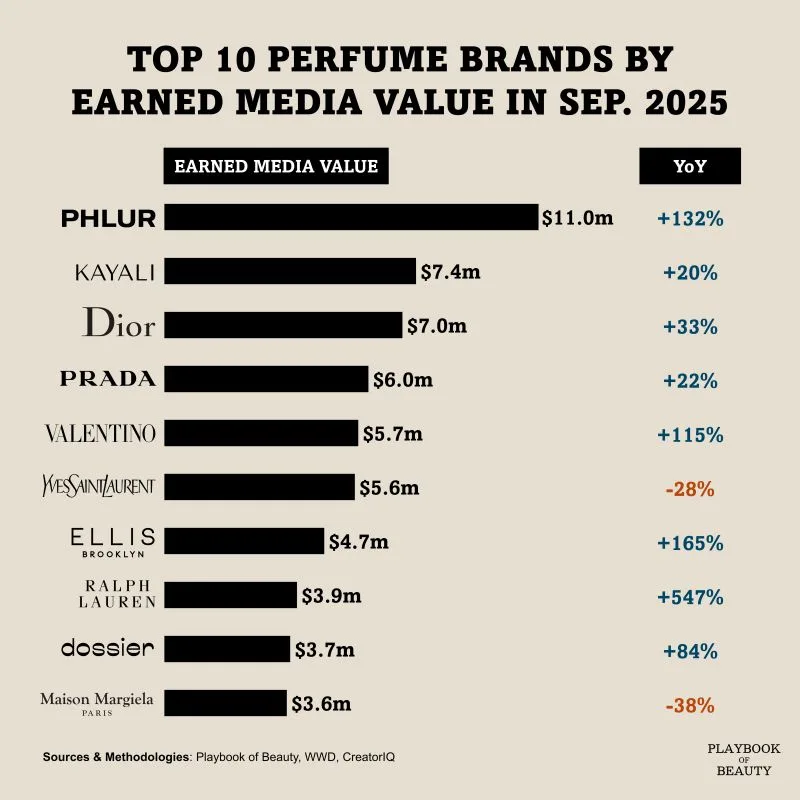The Power of First Impressions
Imagine walking into a high-end liquor store. Shelves lined with gleaming bottles, each vying for your attention. In a split second, your eyes are drawn to a particular bottle—its shape, the sheen of its glass, the elegance of its label. This is the magic of packaging at work. For spirits brands, especially those in the premium and luxury segments, the packaging isn’t just about containment; it’s a powerful marketing tool that can set the tone for the entire brand experience.
Storytelling Through Design
In the spirits industry, where the product itself often remains unseen, the packaging takes on the role of the storyteller. It must communicate the brand’s narrative, its history, and its ethos—all through the medium of glass, label, and closure. Consider the role of color in bottle design. A deep amber glass can evoke a sense of warmth and tradition, ideal for an aged bourbon, while a crystalline, clear bottle might suggest purity and refinement, perfect for a premium gin.
Textures and finishes also play a critical role. A matte finish might suggest sophistication and subtlety, while a glossy, iridescent sheen could hint at modernity and innovation. The tactile experience of holding the bottle—its weight, the feel of the glass—contributes to the overall perception of quality. Every detail, from the shape of the bottle to the typography on the label, works in harmony to create a cohesive brand identity.
The Bottle as a Marketing Asset
In the crowded spirits market, where differentiation is key, the bottle is a brand’s best opportunity to stand out. It’s a silent ambassador on the retail shelf, a crucial factor in the consumer’s decision-making process. Research shows that consumers often make purchasing decisions within seconds, and the packaging plays a significant role in these split-second choices. A well-designed bottle can attract attention, evoke emotions, and ultimately drive sales.
Moreover, in the age of social media, packaging has become even more critical. A striking bottle design is not just a sales tool—it’s content. It’s Instagram-worthy, shareable, and can generate buzz in ways that traditional marketing channels cannot. When consumers post pictures of their latest spirit purchase, they’re not just sharing the product—they’re sharing the brand’s story, the experience, and the lifestyle it represents.
Sustainability: The New Luxury
Today’s consumers are not just looking for aesthetics; they’re also seeking brands that align with their values. Sustainability in packaging has become a key differentiator in the spirits industry. A growing number of consumers are making purchasing decisions based on environmental impact, and brands that can combine luxury with sustainability are at a distinct advantage.
Eco-friendly glass coatings, biodegradable labels, and recycled materials are no longer just add-ons—they’re essential components of a modern, responsible brand. For spirits brands, adopting sustainable packaging solutions doesn’t just appeal to environmentally conscious consumers—it also reinforces the brand’s commitment to quality and innovation.
Conclusion: The Bottle as a Canvas
In the world of spirits, the bottle is more than just packaging—it’s a canvas. It’s a reflection of the brand’s identity, a tool for storytelling, and a critical element in the marketing mix. As brands continue to compete for consumer attention, those that invest in innovative, high-quality packaging will not only stand out on the shelf but also in the minds of consumers. In the end, the bottle is not just a container; it’s a gateway to the brand experience, a crucial part of what makes a spirit truly memorable.




